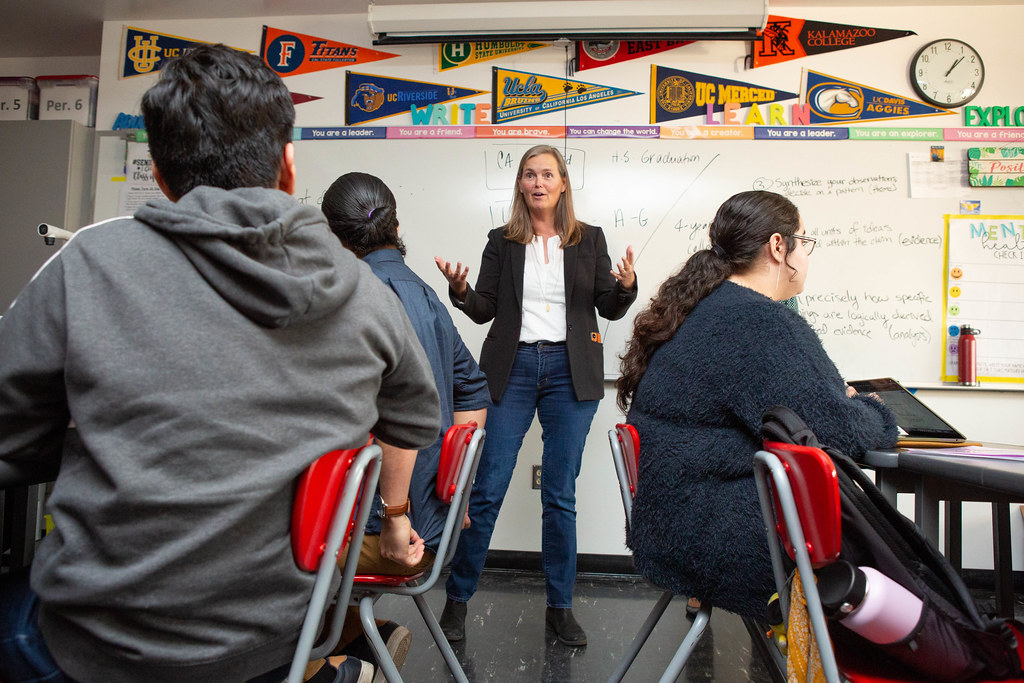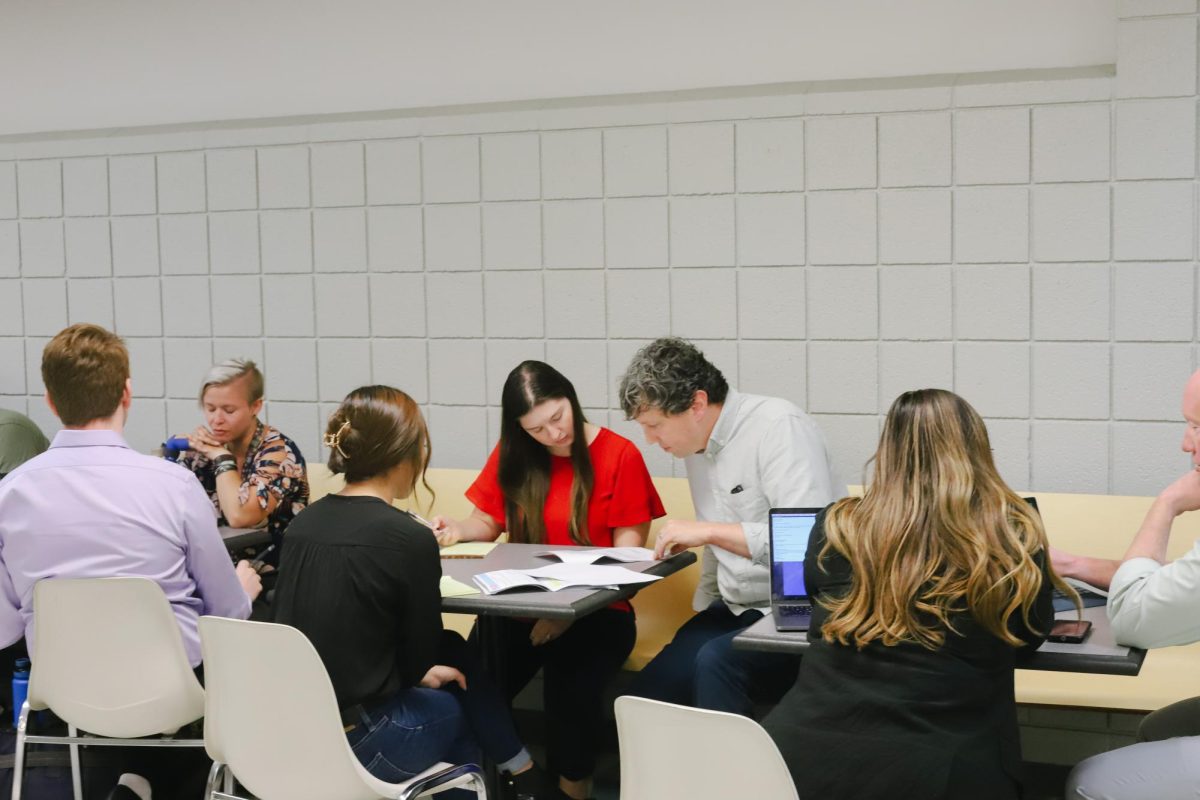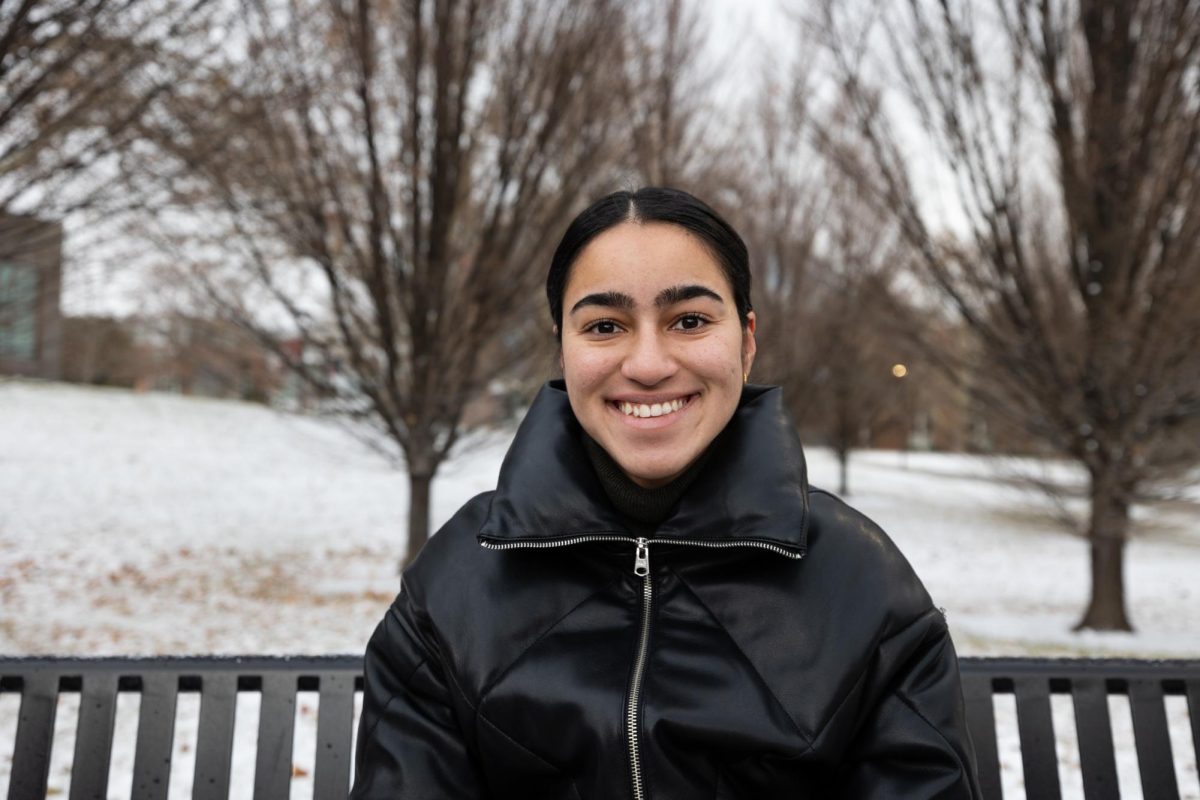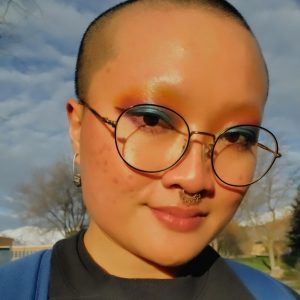Womxn of color want to engage in research, but workplace racism and sexism routinely push them out. These strands of discrimination intersect and force womxn of color to uniquely deal with both. Academic institutions characterize womxn of color as less intelligent and competent than their white male counterparts. But Black, Indigenous and womxn of color possess knowledge beyond dominant academic standards.
Academia must validate womxn of color in research as sources of knowledge.
Challenge Violence
Andrea N. Baldwin, a professor and researcher for the University of Utah’s School for Cultural and Social Transformation, comes from a working-class Caribbean background. She conducts research about the academy as a violent space for marginalized people.
Within academia, dominant social norms are the default, even in supposedly objective research spaces. While seeking tenure, Baldwin received pushback from a department chair for her statement about the academy’s violent conditions but stood firm because she was “beholden to a larger Black community and a larger intellectual community,” she said.
Racist and sexist academic disciplines offer perpetrators of harm a chance to retreat into indifference or complacency. In 2021, the U failed to address two reported incidences of racism. Just a month apart from each other, someone smeared feces on a Black student’s dorm, and another student reported KKK activity in the student dorms. Investigators at the U claimed they couldn’t find any evidence. But they also didn’t attempt to inform the student body about a hate group’s possible presence. Racism at the U deters people of color from engaging with the institution.
Beyond institutional indifference, white supremacy and patriarchy compound into specific forms of racialized sexual harassment. Universities often don’t address these cases because they separate resources for racial bias and sexual harassment. They don’t validate student reports for investigation. If we want diverse research, we must combat behavior that incites fear.
Transform
Transform is a special place with awe-inspiring, passionate staff who firmly oppose oppression. Baldwin’s own contributions emphasize the importance of understanding and “doing” care. She works toward a better and more life-affirming future for marginalized folks, striving to help students maintain their moral values while navigating the academy and challenging the status quo. These students are “the next generation of academics who are going to be responsible for taking this field forward,” she said.
Baldwin intentionally sought out programs like Transform when moving from her last research institution. No other universities offered her a chance to work with other Black feminists. In fact, most research institutions don’t recognize the importance of combating social injustice. They have the power to draw in staff with diverse backgrounds. But when they fail to invite diversity in, they miss out on the broadened perspective womxn of color provide.
In this way, Transform leads by example and works to create a space where its researchers are validated in their anti-oppression work.
Humanize Womxn of Color
Research institutions seeking to humanize all people intentionally make space for womxn of color in research rather than just cramming them into existing places. In doing so, they make room for marginalized people to find belonging beyond the margins.
In her book, “A Decolonial Black Feminist Theory of Reading and Shade: Feeling the University,” Baldwin argues that decision-makers in academia are harmful in their indifference. They’re “unconcerned with the real-life experiences of those whom mere policy does not in fact protect,” she wrote.
We must ensure administrations address qualms with predominantly white institutions. Baldwin is a passionate researcher and writer, and we need her. She belongs in gender and ethnic studies. The power dynamics she navigates both within and outside of research attest to her dedication. In her article, “Presumed Nonhuman,” Baldwin asserted that “to be a Black, non-western woman in academia is to be given an honorary human status that can be eventually taken away despite one’s achievements.”
We need more Black womxn and other womxn of color doing research because research is a representation of reality. If we only listen to dominant perspectives, we rob marginalized voices of their humanity.
Seeking out womxn of color for research staff is just the first step. Inclusion without true belonging is merely absorbing them into the same institutions that harm them. Belonging will never come from one-size-fits-all approaches like inclusion initiatives. True belonging must be felt.
Predominantly white institutions must improve reactions to racism. They shouldn’t expect womxn of color to tough it out when left feeling unsupported and othered within research spaces.
We must create the environment we wish to see.


















